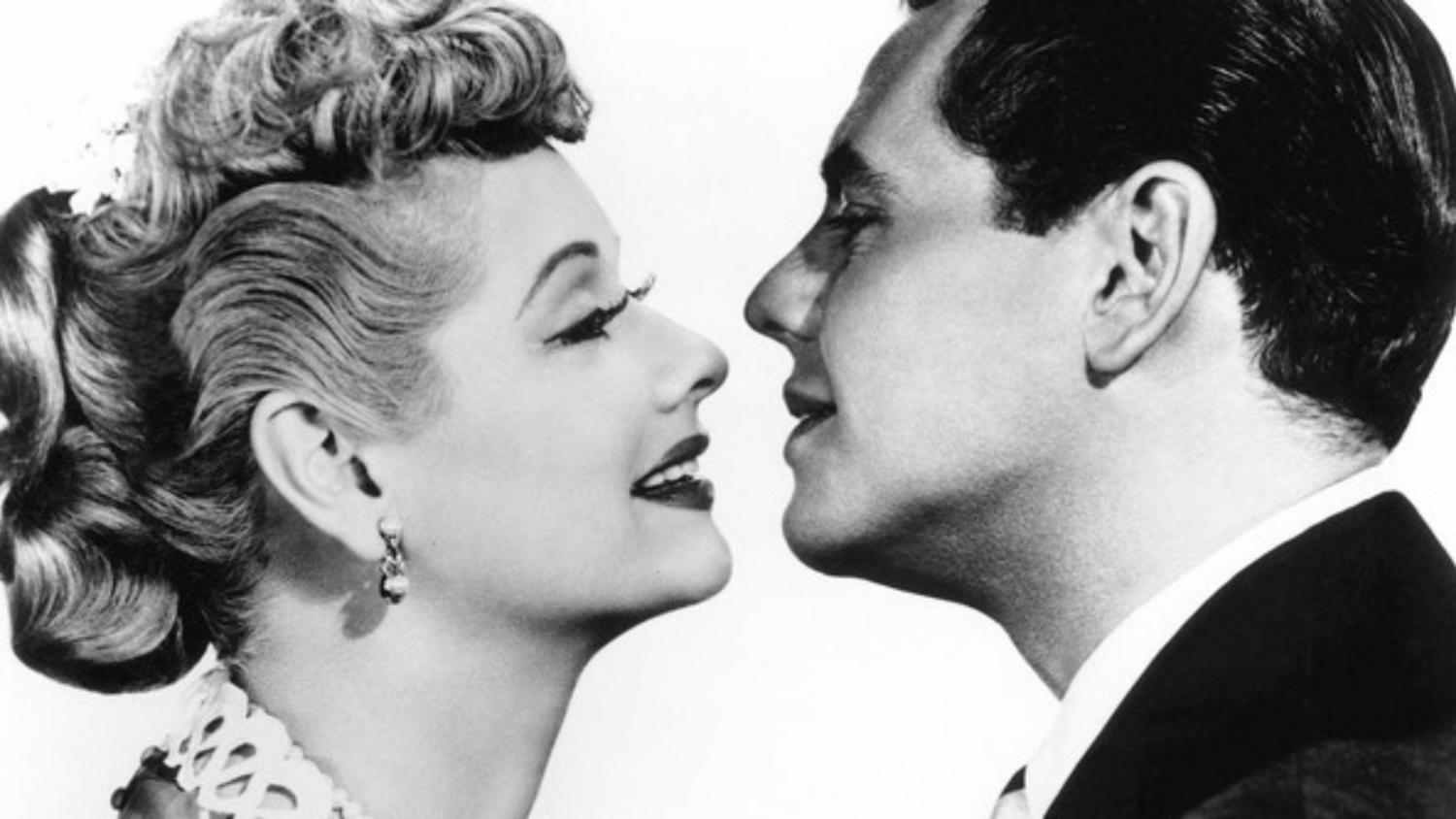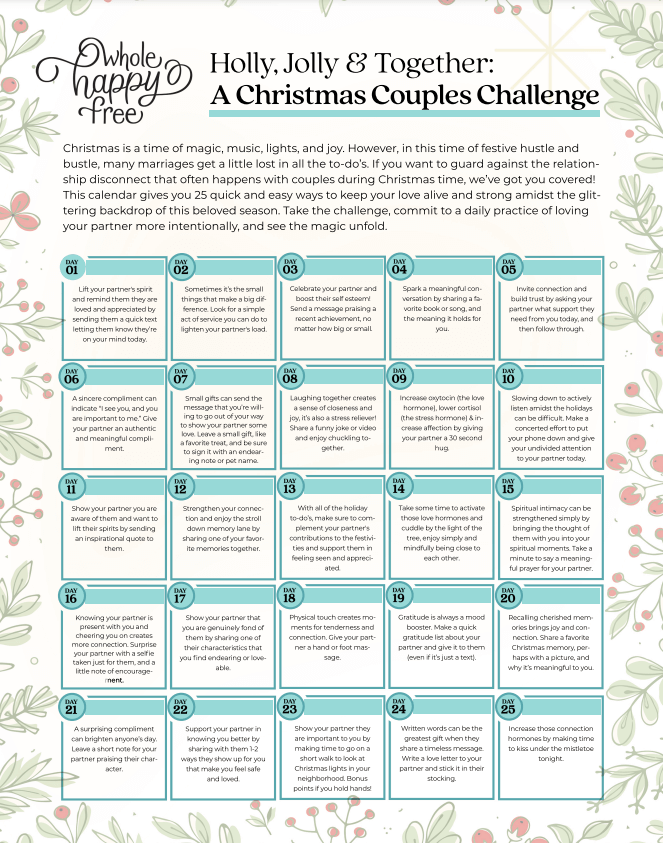With my husband out of town, I found myself with an evening to myself. As I sat down to eat dinner, I decided to turn on the television and happened upon a documentary about Lucy and Desi Arnaz.
Lucy and Desi Arnaz’s legendary love story intertwines genuine romance with remarkable professional success, surmounting cultural obstacles and forging an enduring legacy through I Love Lucy. I found myself utterly captivated by the documentary, unable to tear myself away from its compelling narrative, which ultimately led me to set aside my planned evening work. Yet, the poignant tragedy of Lucy and Desi Arnaz’s journey unfolds in their eventual divorce, despite their deep love and professional success.
The documentary ends with their daughter, Lucie, sharing the final moments between her parents. As Lucie held the phone up to her father’s ear, she heard her mother say, “I love you. I love you. I love you. I love you.” Desi replied with his Cuban accent, “I love you, too, honey.”
Within hours, Desi fell into a coma. Within twenty-four hours of falling into a coma and in the wee hours of the morning, he died in his daughter’s arms. It was a poignant moment when she realized that her parents’ final words to each other were spoken on November 30th, their wedding anniversary.
Five days later, at the 9th annual Kennedy Center Honors, Lucy was honored for her outstanding contributions to Hollywood. Despite Desi’s absence, due to illness and his subsequent passing, a statement he had prepared was read that night, unbeknownst to everyone that these would be his final public words, echoing the enduring legacy he left behind. It said:
“I Love Lucy had just one mission: to make people laugh. Lucy gave it a rare quality. She can perform the wildest, even the messiest physical comedy without losing her feminine appeal. The New York Times asked me to divide the credit for its success between the writers, the directors, and the cast. I told them, ‘Give Lucy 90% of the credit and divide the other 10% among the rest of us. Lucy was the show. Viv and Fred and I were just props – damn good props, but props, nevertheless. P.S. I Love Lucy was never just a title.”
As the documentary concluded, tears streamed down my cheeks. The sorrow and anguish I felt were palpable, intertwined with the tragic yet resonant narrative of this iconic love story. Lucie’s reflection on her parents’ relationship, marred by actions and words that caused mutual hurt, struck a deep chord within me. Despite recognizing the complexities beyond my understanding, I mourned the fact that profound love couldn’t bridge the barriers of defense that ultimately drove them apart.
Defenses, though often our shield against vulnerability and pain, are also the barriers that keep us from truly connecting with others, especially those closest to us. They operate like emotional armor, built over time in response to past hurts or fears. However, this armor, while offering a sense of protection, also isolates us, preventing genuine intimacy and understanding. When we rely too heavily on defenses, we create distance even in the most intimate relationships, as they hinder authentic communication and emotional expression. This can lead to misunderstandings, resentment, and a lack of deep connection with those we care about the most.
We often choose defenses because, at least initially, they provide a sense of safety and control in challenging situations. Defenses can be like instinctive reactions, triggered by past experiences where we felt hurt, rejected, or vulnerable. They serve as coping mechanisms to protect our emotional well-being and maintain a sense of equilibrium.
However, while defenses may offer temporary relief or protection, they often come with long-term costs. They can hinder personal growth, prevent us from fully experiencing life, and limit our ability to form deep connections with others. Despite their drawbacks, we may continue using defenses because they feel familiar and comfortable, even if they don’t ultimately serve our best interests.
Breaking free from these patterns requires self-awareness, courage, and a willingness to confront uncomfortable emotions. It involves understanding the root causes of our defenses, challenging our automatic reactions, and learning healthier ways to cope with challenges and connect authentically with others.
In reflecting on Lucy and Desi Arnaz’s journey, I am drawn to a heartfelt lesson about love and connection. Their story resonates because it speaks to the delicate balance between closeness and defenses in relationships. Their inability to bridge those divides serves as a powerful lesson in the complexity of human relationships. It prompts us to reflect on the courage needed to confront our defenses, fostering a deeper understanding of how to nurture and sustain the love we cherish. As we navigate our own paths, may we choose to embrace the depth of love we can experience and do the work needed to nurture it.







